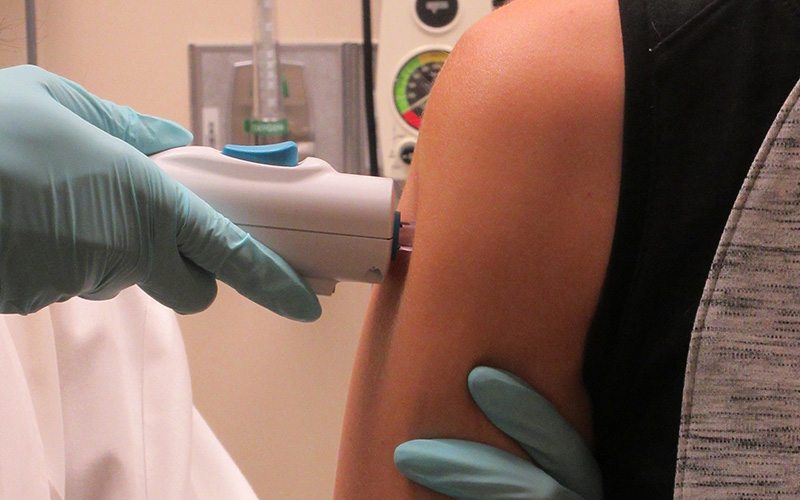WASHINGTON – Repealing the Affordable Care Act could cost Arizona more than $46 million in federal public health funds over five years, according to a report released Tuesday by a national health policy organization.
The report by the Trust for America’s Health said those funds came from the Prevention and Public Health Fund created as part of the Affordable Care Act, or Obamacare.
The Centers for Disease Control and Prevention got $892.3 million last year for the fund, which mostly went to state grants, immunization programs and epidemiology labs set up to stop health threats, CDC spokeswoman Kathy Harben wrote in an email.
“We know that if the money disappears, it would make things very different at the CDC and at the states,” said Albert Lang of the Trust for America’s Health. “Public health always has to do more with less.”
But while President-elect Donald Trump and Republican lawmakers have vowed to repeal Obamacare, few are sure what form a repeal or replacement would take, said Michael Cannon, the director of health policy studies at the Cato Institute, a libertarian think tank.
He said there is no guarantee Republicans would cut the Prevention and Public Health Fund when they are mostly concerned with the more controversial aspects of the Affordable Care Act.
“Republicans – for all their bluster opposing big government – have never been shy about funding medical research,” Cannon said.
He said it should be up to states to decide whether they want to levy taxes to pay for public health programs rather than relying on federal funding. State-level funding would lead to more competition and higher quality of services, he said.
Rep. Paul Gosar, R-Prescott, a vocal critic of the Affordable Care Act, took it a step further, saying in a statement Tuesday that the Prevention and Public Health Fund has become “an unaccountable slush fund.”
“Blindly sending $2 billion a year to HHS (the Department of Health and Human Services) is crazy,” Gosar’s statement said. “This is not a fiscally responsible way to combat public health issues.”
But health experts in Arizona said taking away federal funding could leave the state vulnerable at a time when Arizonans face several public health issues, including a growing opioid problem, threats of the mosquito-borne Zika virus and obesity-related illnesses and injuries.
“We have that type of mosquito (that carries Zika) in our state, and with the way people travel, it will move its way here – and we have to be prepared for that,” said Dr. Daniel Derksen, a professor of public health at the University of Arizona.
He said the opioid epidemic was a more immediate threat, and that if money isn’t invested to prevent opioid use and to educate the community about its risks, it will have to be spent later down the line in the prison system.
“You’re not saving money by cutting funding,” he said. “You’re addressing it at a different level.”
And at that level, treatment is less effective than prevention, he said.
“It’s like that old saying: It’s penny-wise and pound foolish.”
Public health issues particularly impact rural, lower-income communities, like Native American reservations where diabetes and obesity are especially prevalent, he said.
Derksen said the key to furthering public health is often awareness and education – of both policymakers and constituents – and with significant funding in the balance, that job may become more difficult.
